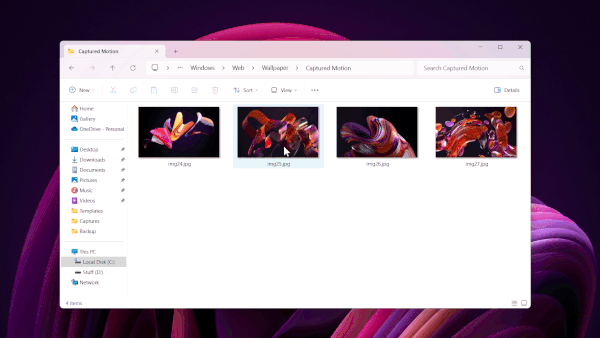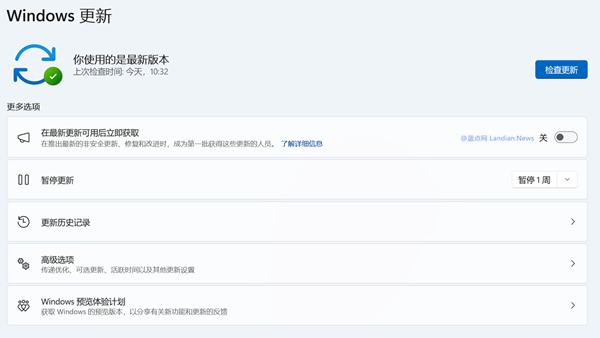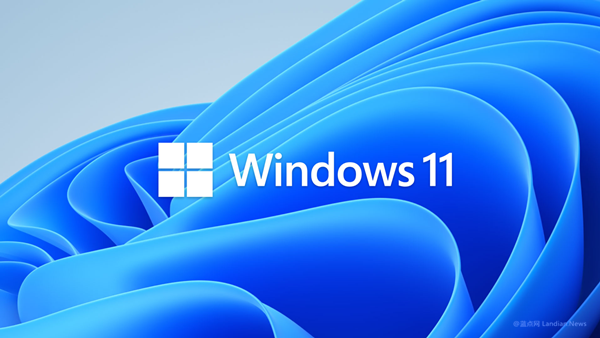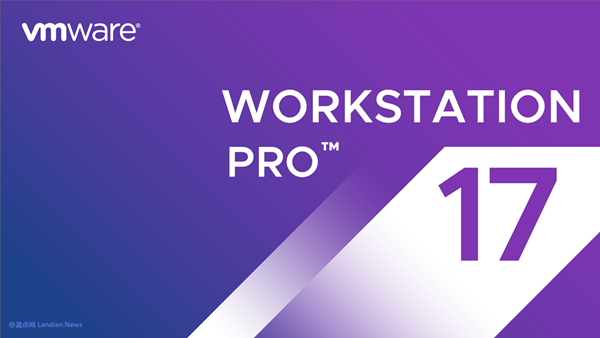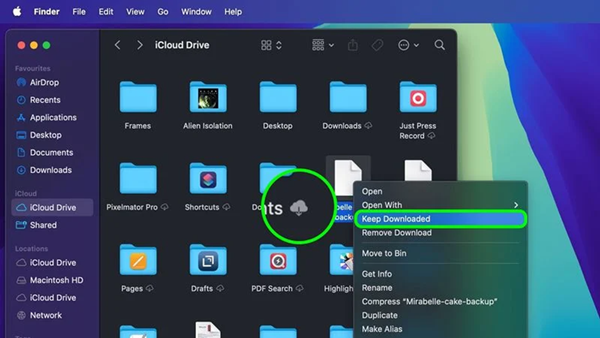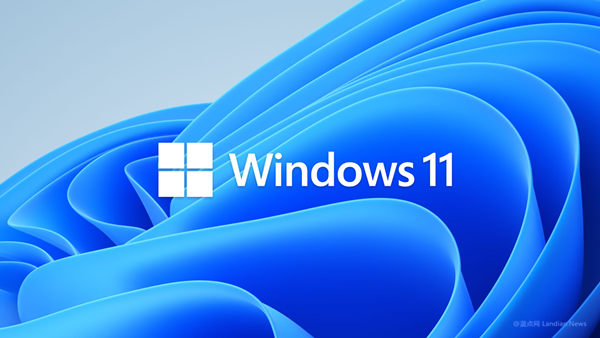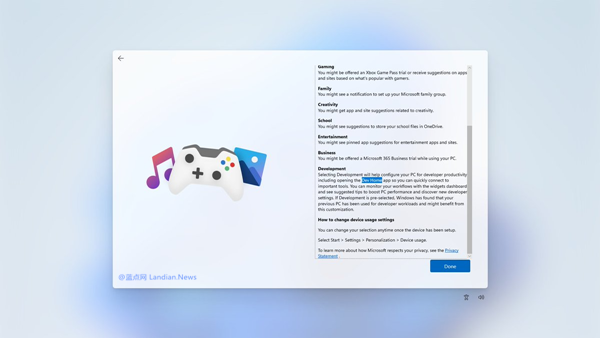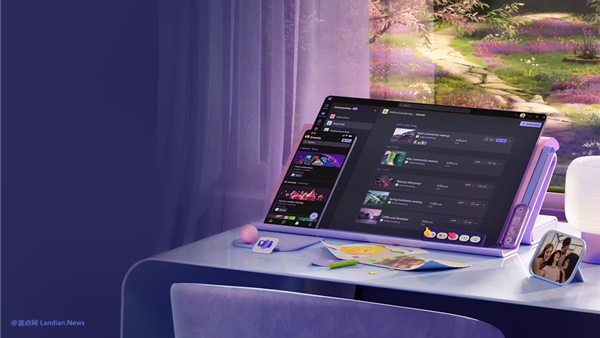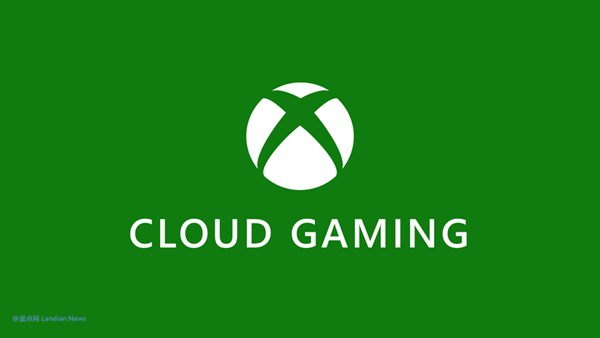Microsoft announces Windows 11 support for Apple's M-series chips, but only for virtual machines
Apple's M-series chips are ARM architecture, and Windows 11 is also available in ARM, but Windows 11 for macOS has not been supported at the official Microsoft level for the past two years, and Apple has said that support for Windows 10 is up to Microsoft, but in reality it is not yet supported.

In fact, Parallels Desktop has been running Windows 11 ARM for a long time, but Microsoft has only licensed Windows 11 ARM to enterprise customers and does not offer it to the average consumer.
Microsoft has also stated that Windows 11 running on macOS is an unsupported scenario, and the virtual machine was almost shut down at the time.
It wasn't until now that Microsoft released a technical support document announcing Windows 11 for macOS virtual machine support for consumers on an official level, and users can purchase a Parallels Desktop virtual machine and an ARM copy of Windows 11 to install and use.
Windows 11 Pro is officially priced at $199.99, Windows 11 Home is officially priced at $139, and Parallels Desktop Virtual Machine requires the user to pay for a genuine license.
Theoretically, users can activate a genuine Windows 11 license purchased from anywhere, and theoretically, users with a Windows 10 license should be able to activate it as well, since Windows 10/11 digital rights are not restricted to x86 or arm64.
For Parallels Desktop: The virtual TPM feature that supports Apple's M-Series chips meets the Windows 11 hardware requirements, but there are still some features that are not supported, namely nested virtualization.
The following features are not supported:
- Windows 11 Android Subsystem (WSA), as nested virtualization is not supported
- Windows 11 Linux subsystem (WSL), as nested virtualization is not supported
- Windows Sandbox sandbox applications, which are also virtualized and therefore not supported
- Virtualization-based security (VBS), which is used to create memory security zones, also utilizing virtualization technology
- Applications and games that call DirectX 12 are not supported
In addition, Macs with M1 and M2 chips do not support ARM32 applications in the Microsoft Store, which are currently being phased out and users should opt for ARM64-based applications.
